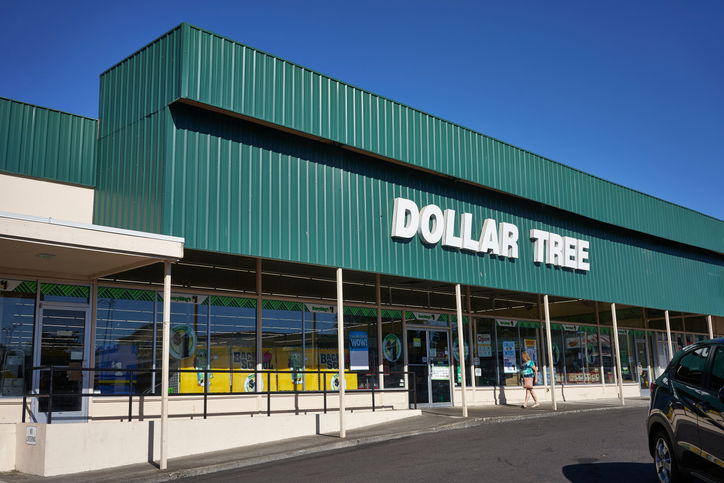
September 12, 2023
Dollar Stores Contribute To Decades Of Economic Distress For Chicago Hoods
Chicago’s South and West side neighborhoods have a number of Dollar Tree and Dollar General stores that serve as a valued resource for residents. However, they’re also hurting the financial health of those communities.
Crain’s Chicago Business reports that while such stores may be convenient, they are not Black-owned, meaning the money spent by the neighborhood’s Black residents doesn’t remain in their community.
“[Those stores] take resources out of the community and don’t give us an opportunity to circulate the dollar within the community,” Tonya Trice, the executive director of the South Shore Chamber of Commerce, told Crain’s Chicago Business. “That money leaves our community as soon as it is spent.”
These same Chicago neighborhoods are severely lacking when it comes to full-service grocery stores. The South and West sides are inundated with fried chicken shops, as opposed to more health-conscious Black-owned restaurants and eateries.
The lack of retail and restaurant variety forces residents to spend their money outside their community. According to a 2020 City of Chicago study, $200 million in retail spending alone leaves Chicago’s South Shore neighborhood annually. This is apparent on 75th and 79th streets in South Shore, where once historically Black retail corridors are now filled with empty storefronts.
Additionally, a 2021 Chicago Office of Equity & Racial Justice report shows that less than 10% of businesses with employees in Cook County are Black- or Latino-owned, despite Black and Latino residents making up more than 50% of the population.
Unsurprisingly, these economic issues are largely the result of decades of systemic racism and discriminatory policies and practices. Still, some feel that dollar stores fulfill a need, unlike other stores that abandoned these majority-Black and Latino neighborhoods.
Chris Chico, the president and CEO of the Back of the Yards Neighborhood Council, told Crain’s Chicago Business that when Walmart closed its store in the neighborhood in 2019, the dollar stores stepped in to fill a need, including taking over a long-vacant building in the neighborhood.
RELATED CONTENT: FOOD INSECURITY DISPROPORTIONATELY AFFECTS BLACK HOUSEHOLDS: HOW ONE COMPANY IS FIGHTING IT